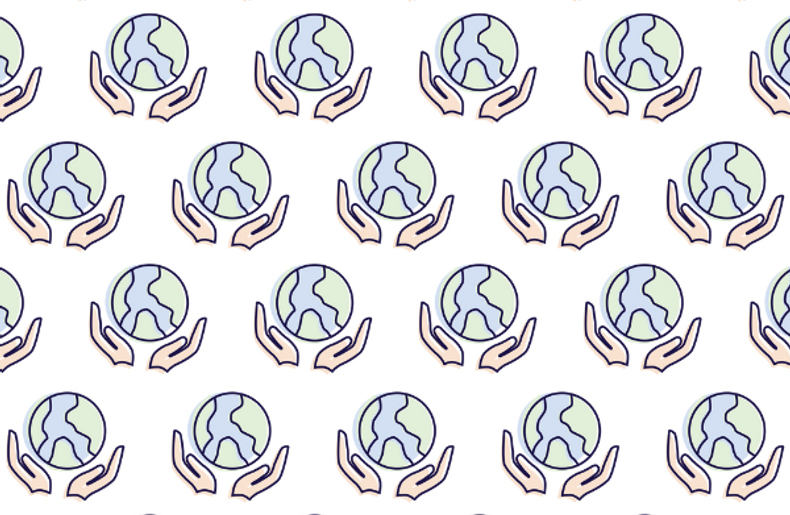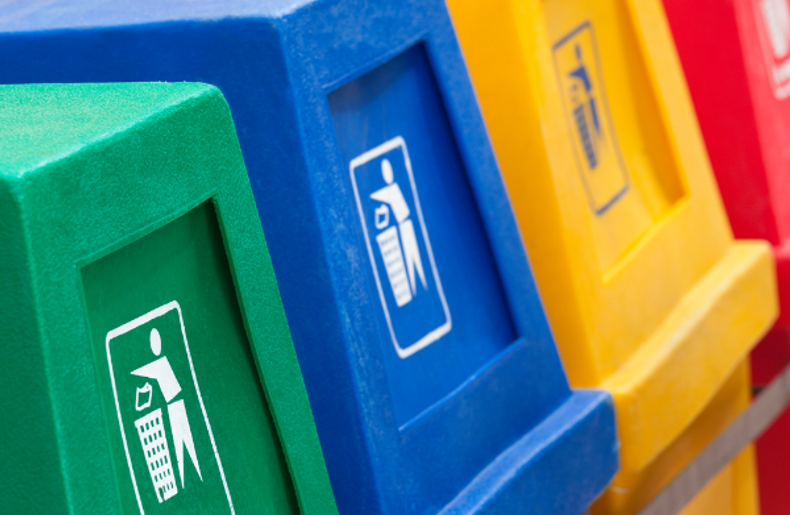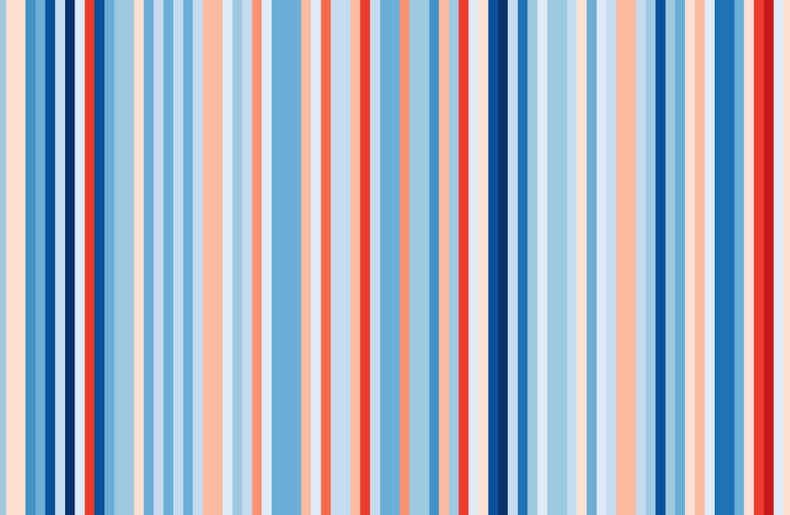Human activity has caused atmospheric greenhouse gas concentrations to soar, with CO2 emissions rising to levels not seen for the past 3.6 million years.1, 2 Despite a short stall related to pandemic shutdowns, their concentrations have continued their relentless rise.2
The climate crisis is a matter of life and death. The time to act is now - and the Intensive Care Society is committed to doing so.
The climate emergency is a health emergency
At our 2023 State of the Art Congress in Birmingham our then Chief Executive, Sandy Mather, officially declared the climate emergency is a health emergency.
Read our full declaration, including the actions we've already taken and our plans for 2023, below.
Our Sustainability Work
Join our working group
Are you a member of the Society and passionate about sustainability? Then we need you to be part of our working group and help us develop plans to operate sustainability as an organisation, and to drive sustainable intensive care practice.
We’ll be working with partner organisations, setting standards and guidelines to embed sustainable operating throughout healthcare, and facilitating educational sessions to increase knowledge of carbon literacy and environmentally sustainable practice in our community.
The group is open to all members of the Society, and if you’d like to know more you can check out our Terms of Reference.
To express your interest please complete the form below and return it to [email protected].
References
-
IPCC, 2021: Summary for Policymakers. In: Climate Change 2021: The Physical Science Basis. Contribution of Working Group I to the Sixth Assessment Report of the Intergovernmental Panel on Climate Change [Masson- Delmotte, V., P. Zhai, A. Pirani, S. L. Connors, C. PeÌÂan, S. Berger, N. Caud, Y. Chen, L. Goldfarb, M. I. Gomis, M. Huang, K. Leitzell, E. Lonnoy, J. B. R. Matthews, T. K. Maycock, T. Waterfield, O. Yelekçi, R. Yu and B. Zhou (eds.)]. Cambridge University Press. In Press.
-
National Oceanic and Atmospheric Administration. (2021, April 07). NOAA research news - Despite pandemic shutdowns, carbon dioxide and methane surged in 2020. Retrieved from https://research.noaa.gov/article/ArtMID/587/ArticleID/2742/Despite-pandemic-shutdowns-carbon-dioxide-and-methane-surged-in-2020
-
Hunfeld N et al (2023) Intensive Care Med 49, 65–74







